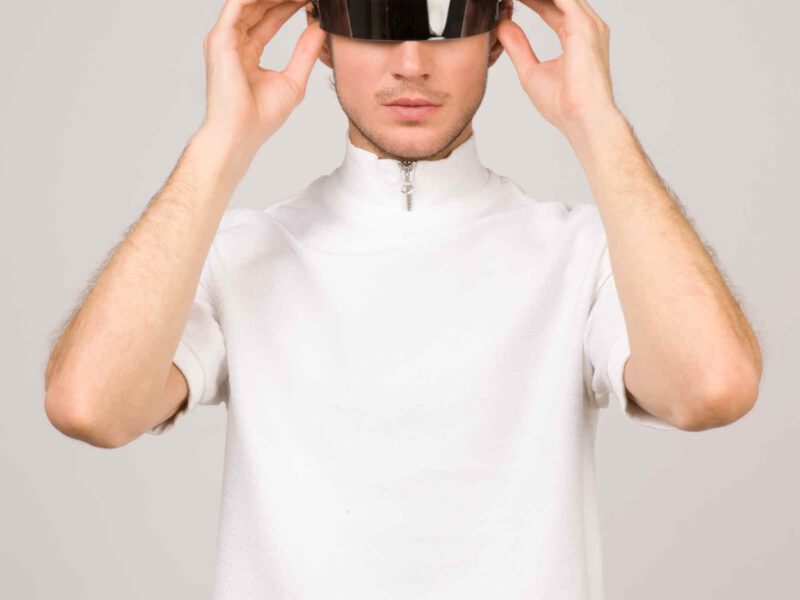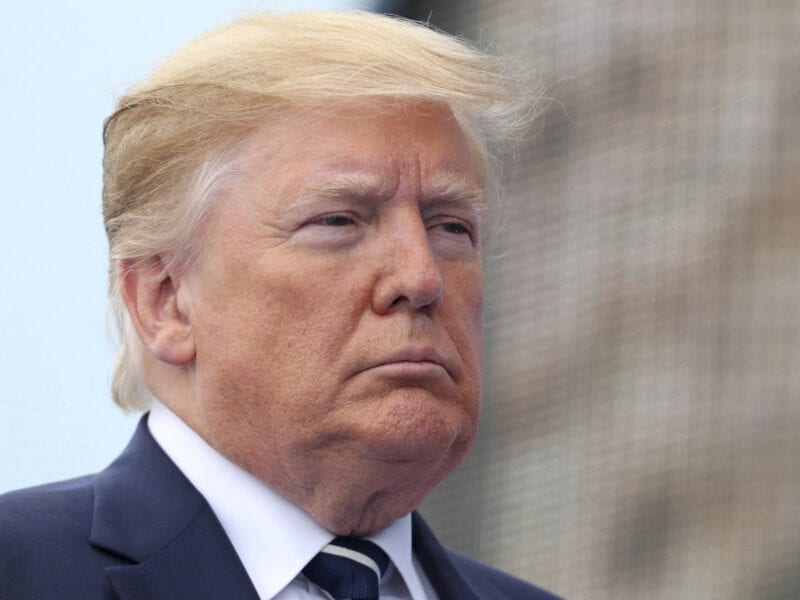
Did the United States Supreme Court decide NCAA athletes can get paid?
The United States Supreme Court released a unanimous decision today that has some dramatic implications for college athletes. College sports are a multi-billion-dollar industry that pulls money from ticket sales, merchandising, and television contracts. Back in 2016, the NCAA negotiated an eight-year broadcasting deal with March Madness worth over $1 billion alone. Players didn’t see a dime.
That could now change. The new decision will allow players to receive more compensation for the work they do. Previously, the NCAA has argued that college sports depend on not paying athletes, using some rhetorical gymnastics to suggest that paying athletes would make them “professionals” not “college athletes”. The court has now shredded that argument.
In a concurring opinion on the decision, Justice Kavanaugh wrote, “Nowhere else in America can businesses get away with agreeing not to pay their workers a fair market rate on the theory that their product is defined by not paying their workers a fair market rate”. Want to know more about the case and its implications? Keep reading.

Unanimous opinion
Justice Neil Gorsuch delivered the unanimous opinion of the United States Supreme Court. In his opinion, he stated that the NCAA had sought “immunity from the normal operation of the antitrust laws” by arguing it is a “joint venture” of members and therefore cannot be a monopoly. Gorsuch pointed out that even accepting their definition, the NCAA is still “a joint venture with monopoly power in the relevant market”.
The decision primarily focused on education-related benefits for student-athletes. Previously, the NCAA had barred colleges from offering a wide range of benefits, including scholarships for graduate programs. However, in striking down the idea that not compensating college athletes is specifically what defines them as amateurs, the door is now open for new challenges to tight NCAA restrictions on athletes.

A step forward
This is the first time the United States Supreme Court has heard a case involving college sports in decades. Earlier, a district-level court had ruled that caps on education-related benefits for college athletes violated antitrust laws. The NCAA challenged the decision, but the 9th U.S. Circuit Court of Appeals upheld it. Colleges opted not to change their practices until the case had gone all the way through the Supreme Court.
Of the decision, Seth Waxman, a lawyer for the NCAA, said “These new allowances are akin to professional salaries”. Some would counter his statement by saying the NCAA treats its athletes as though they are professionals. Others would simply point out that the “new allowances” give college athletes more education-related benefits and up to $6,000 in annual payments – a far cry from a professional salary.

More to do
In the wake of the new decision from the United States Supreme Court, the NCAA remains free to create “reasonable” rules related to athlete compensation. They also have the freedom to define what is and is not an education-related benefit. Now, though, their stranglehold on student-athletes is somewhat loosened, and their rules remain open to new challenges.
Multiple bills have been introduced in Congress to address various aspects of student-athlete compensation. Primarily, the bills are focused on compensation for NIL – name, image, and likeness – as when students are featured in advertisements for sporting events. NCAA President Mark Emmert said they will “remain committed to working with Congress to chart a path forward”.
Meanwhile, college athletes and their representatives are celebrating this victory in the Court. For many, it is just the first step in the long road to guaranteeing that student-athletes are properly compensated for their efforts in creating a multi-billion-dollar industry.
—
Do you think student-athletes deserve to be compensated for their efforts? Is this decision a step in the right direction for college sports? Let us know what you think in the comments.







